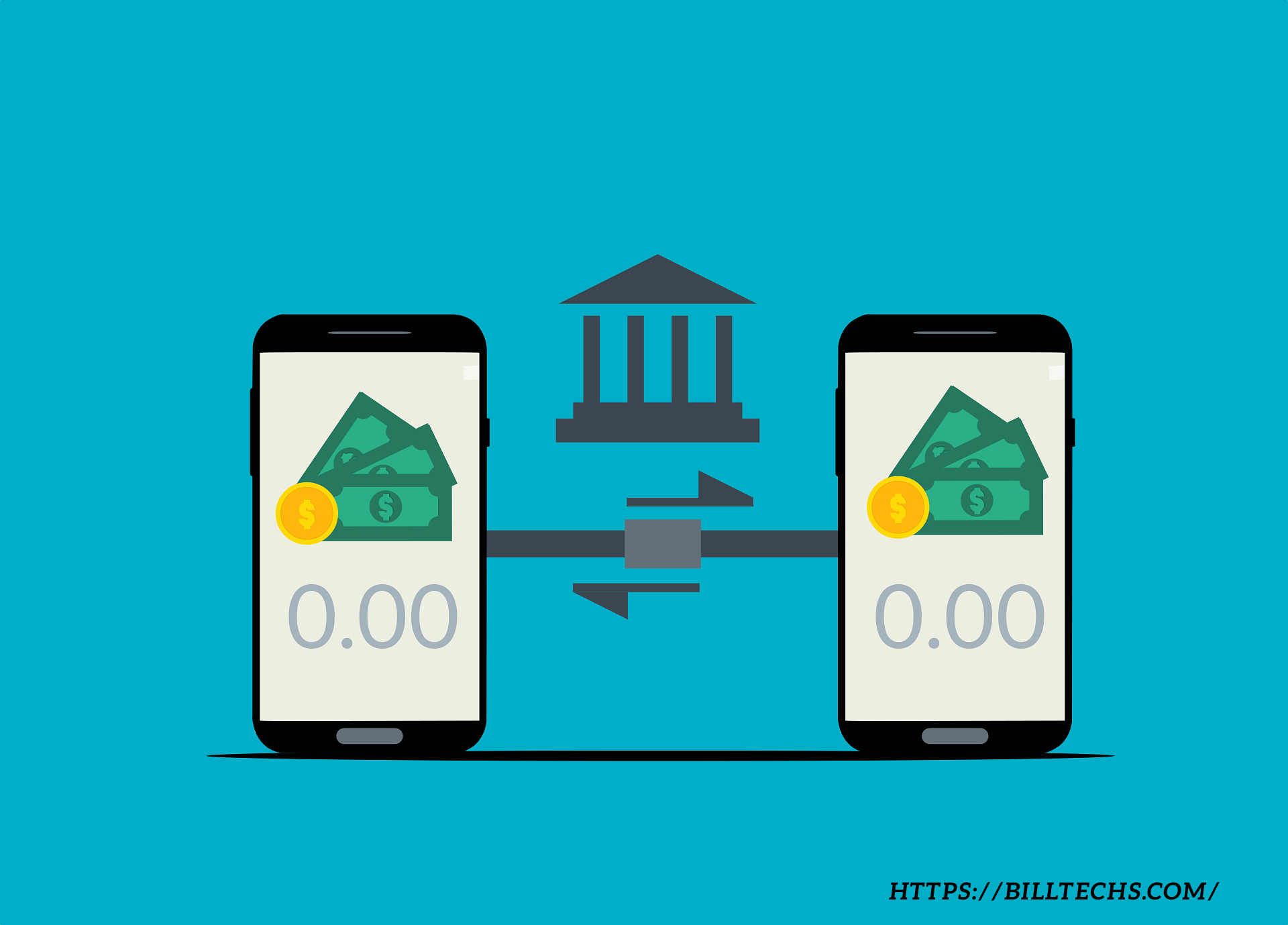The Rise of Mobile Banking:
A Revolution in Financial Services
In today’s fast-paced world convenience is everything. The digital era has brought a transformative shift in the way people conduct their daily lives especially when it comes to managing finances.
What is Mobile Banking?
Mobile banking is the use of mobile devices like smartphones and tablets to perform financial transactions access account information or manage banking services.
The Evolution of Mobile Banking
The journey of mobile banking began in the late 1990s when some banks started offering basic services such as balance inquiries via SMS. Over time as mobile technology advanced and smartphones became more common banks began developing apps that allowed customers to perform a wider range of services.
Today mobile banking is an essential part of the financial landscape with millions of users worldwide relying on it for their everyday banking needs.
Key Benefits of Mobile Banking
Convenience:
The most significant advantage of mobile banking is the convenience it offers. Customers can access their bank accounts 24/7 from virtually anywhere eliminating the need for traditional banking hours or long queues at bank branches.
Time-saving:
With mobile banking customers can quickly check their account balances transfer funds or pay bills without having to make a trip to the bank.
Cost-effective:
Many mobile banking services are free to use and customers can avoid costly fees associated with paper checks or bank visits. Some banks even offer fee-free ATM withdrawals or money transfers through mobile banking apps.
Enhanced Security:
Mobile banking apps have advanced security features such as multi-factor authentication (MFA) biometrics (fingerprint or facial recognition) and encrypted transactions.
Real-time Monitoring:
Mobile banking allows for real-time tracking of financial transactions. This helps users stay on top of their spending habits monitor suspicious activities and manage their finances more effectively.
Accessibility for Everyone:
Mobile banking democratizes access to financial services. People living in remote or underserved areas where traditional bank branches may be scarce can benefit from mobile banking.
Security Risks:
Despite the advanced security features of mobile banking apps cyber threats such as hacking phishing and malware attacks remain a significant concern. Users need to be vigilant about the security of their mobile devices and avoid using public Wi-Fi when accessing their bank accounts.
Technology Barriers:
Not everyone has access to smartphones or the internet particularly in rural or low-income areas. Mobile banking therefore may not be accessible to all segments of the population leaving some people excluded from the digital financial world.
User Experience:
While most banking apps are designed to be user-friendly there are still instances where the interface may be confusing or overly complex for some users particularly older individuals or those with limited tech knowledge.
Dependence on Internet Connectivity:
Mobile banking requires a stable internet connection to function properly. In areas with poor network coverage or unreliable internet service users may face difficulties accessing their accounts or completing transactions.
Mobile Wallets and Digital Payments:
Digital wallets such as Apple Pay Google Pay and Samsung Pay are becoming increasingly popular for making payments directly from smartphones.
Blockchain and Cryptocurrency Integration:
As blockchain technology and cryptocurrencies continue to gain traction mobile banking apps may start offering features related to cryptocurrency transactions. This could include the ability to buy sell or store digital currencies within the mobile banking app providing users with more options for managing their finances.
Enhanced Security Measures:
The ongoing advancement of biometric authentication such as voice recognition and iris scanning, may make mobile banking even more secure. With the growing emphasis on protecting personal information banks are likely to introduce even more robust security protocols to ensure safe transactions.
Conclusion
Mobile banking has undoubtedly revolutionized the financial industry offering unparalleled convenience accessibility and security. It has transformed the way people manage their finances making banking services available to a wider range of individuals no matter where they are. While challenges like security risks and digital divides remain mobile banking’s growth is undeniable and its future promises even more advanced features to make financial management easier and more efficient.
As technology continues to evolve mobile banking is likely to play an even more significant role in shaping the future of finance providing greater control and flexibility for users worldwide.
